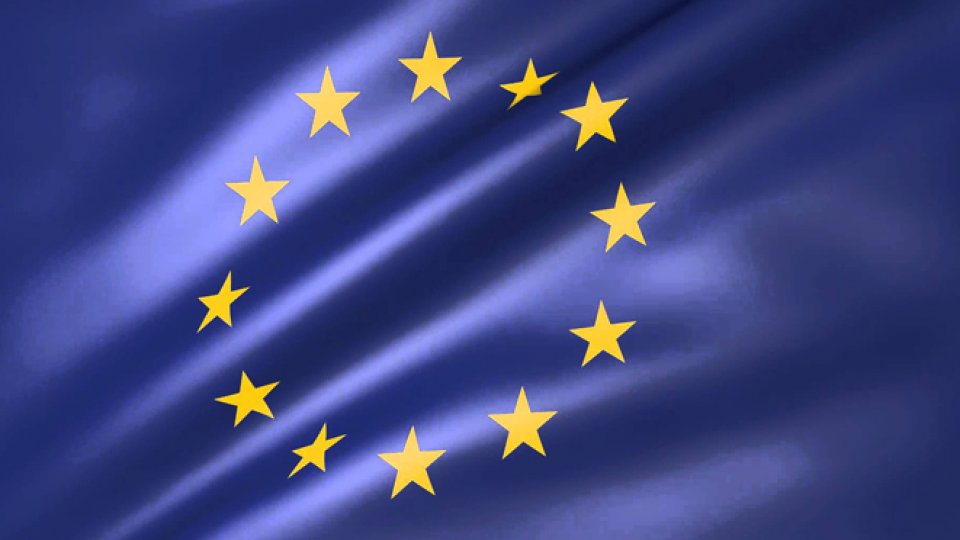Council of the European Union agrees on E-evidence package
Council is ready to start trilogue negotiations on the whole e-evidence package as soon as the Parliament has adopted its position.

09 Martie 2019, 22:21
European Union is taking steps to improve cross-border access to e-evidence by creating a legal framework that will enable judicial orders to be addressed directly to service providers operating in the EU.
Council has reached its position on directive on appointing legal representatives for gathering of evidence in criminal proceedings.
This directive will be an essential tool for application of the future regulation on European production and preservation orders for electronic evidence in criminal matters, on which the Council adopted its position last December, as it sets out the rules for appointment of service providers' legal representatives, whose role is to receive and respond to such orders. Creation of legal representatives was necessary because of lack of a general legal requirement for non-EU service providers to be physically present in the Union when providing services within the Union. Moreover, legal representatives designated under this directive could be used for domestic procedures as well.
Tudorel Toader, Romanian Minister of Justice: This is an important step towards more effective and quicker access to evidence in criminal proceedings. Designation of legal representatives will constitute a key component in facilitating cooperation in gathering electronic evidence. Our aim is to make sure the new mechanism will work effectively, but at the same time do not represent too much of a burden, especially for SMEs. I regret this Parliament won't be ready to enter into negotiations but hope the work can continue as soon as possible once the new Parliament is elected.
Main elements of the Council's position:
• Criteria for defining location of the legal representatives remain as in Commission's proposal. Legal representatives shall be in one of the Member States in which the service provider is established or offers services;
• Council further emphasised that legal representatives should have sufficient resources and powers to perform their tasks;
• Service providers and legal representatives may be held jointly and severally liable for non-compliance;
• Legal representatives may be used for gathering types of evidence other than e-evidence, and for receiving other requests related to law enforcement such as European investigation orders, without prejudice to the specific procedures provided for in other legal instruments for judicial cooperation in criminal matters;
• Specific arrangements to limit the burden on SMEs have been added. Those include the possibility for SMEs to 'share' the same legal representative and that individual sanctions against a service provider should take into account its financial capacity;
• On sanctions, text remains as proposed by the Commission and provides that sanctions shall be effective, proportionate and dissuasive;
• A full list of legal representatives shall be made publicly available to ensure easy access by law enforcement authorities, mainly but not only, via the European Judicial Network on criminal matters;
• Council has provided for a transposition deadline of 18 months in order to make sure that the legal representatives are up and running once the regulation on e-evidence enters into force 6 months later.
Next steps
Council is ready to start trilogue negotiations on the whole e-evidence package as soon as the Parliament has adopted its position. This is not expected to be before the forthcoming European elections.
Background
This directive is part of the e-evidence package tabled by the Commission in April 2018. Objective of the package is to improve cross-border access to e-evidence by creating a legal framework for judicial orders addressed directly to service providers or their legal representative in another Member State.
Directive complements regulation on European production and preservation orders for electronic evidence in criminal matters on which the Council adopted its position in December 2018.
Source:Council of the EU














